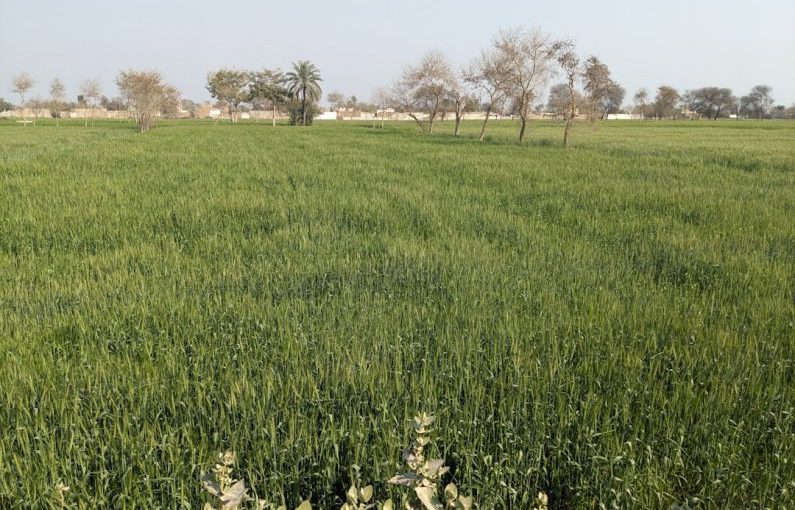In today’s rapidly evolving agribusiness landscape, the importance of crop insurance has become increasingly evident. As climate change continues to bring about unpredictable weather patterns, farmers are facing greater risks and uncertainties when it comes to protecting their crops. This has led to a growing recognition of the need for robust crop insurance programs that can provide financial security and stability to farmers in the face of adversity.
The Role of Crop Insurance in Mitigating Risks
Crop insurance plays a crucial role in mitigating risks for farmers by providing them with a safety net against potential losses due to natural disasters, pests, diseases, or other unforeseen circumstances. By offering a form of financial protection, crop insurance helps farmers safeguard their investments and ensure their livelihoods are not jeopardized in the event of crop failure.
Moreover, crop insurance also promotes sustainable farming practices by encouraging farmers to adopt risk-mitigation strategies and invest in technologies that can enhance crop resilience. This, in turn, contributes to the long-term viability of the agricultural sector and helps secure the food supply for growing populations.
The Impact of Climate Change on Crop Production
One of the key drivers behind the increasing importance of crop insurance in agribusiness is the impact of climate change on crop production. Rising temperatures, changing precipitation patterns, and more frequent extreme weather events pose significant challenges to farmers worldwide, making it harder for them to predict and manage risks.
In this context, crop insurance serves as a critical tool for adaptation, allowing farmers to cope with the uncertainties brought about by climate change and continue their operations in the face of mounting challenges. By providing a financial cushion in times of crisis, crop insurance enables farmers to recover from losses and maintain their productivity, thereby ensuring the resilience of the agricultural sector as a whole.
The Role of Government Support in Promoting Crop Insurance
Government support plays a vital role in promoting the adoption of crop insurance among farmers, particularly in developing countries where access to insurance products may be limited. Through subsidies, premium support, and other incentives, governments can help make crop insurance more affordable and accessible to smallholder farmers who are most vulnerable to risks.
By partnering with the private sector and international organizations, governments can also facilitate the development of innovative insurance products tailored to the specific needs of different farming systems and regions. This collaboration is essential for expanding the reach of crop insurance and ensuring that farmers of all scales can benefit from its protective mechanisms.
The Future of Crop Insurance in Agribusiness
As the challenges facing the agricultural sector continue to evolve, the role of crop insurance in agribusiness is likely to become even more crucial in the years ahead. With climate change intensifying and global food demand on the rise, farmers will need reliable risk management tools to navigate the uncertainties of a rapidly changing environment.
In this context, the development of new insurance products, the expansion of insurance coverage to underserved regions, and the integration of technology and data analytics into insurance schemes will be key priorities for the future of crop insurance in agribusiness. By embracing innovation and collaboration, stakeholders across the agricultural value chain can work together to build a more resilient and sustainable food system that can withstand the challenges of the 21st century.
In conclusion, crop insurance has emerged as a vital component of modern agribusiness, providing farmers with the security and stability they need to navigate the risks and uncertainties of a changing climate and market conditions. With the right support and investment, crop insurance can play a transformative role in ensuring the long-term viability of agriculture and securing the food supply for future generations.





